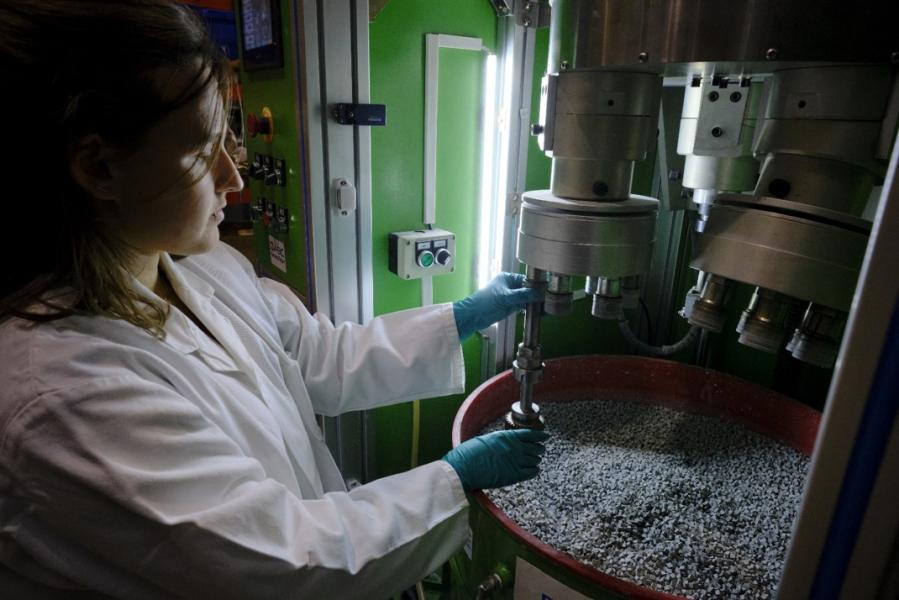ENISE has the objective of developing high-level, internationally recognised research to benefit its engineering students, civil society, as well as sustainable development and its challenges.

ENISE Research
ENISE's areas of excellence in research contribute to two of the grand challenges of our society:
- Sustainable development via the study and standardisation of mechanical systems and of buildings/structures capable to last longer and/or reduce the quantity of raw materials with a low carbon impact (steel products and construction materials)
- Social responsibility through the design and manufacturing of products, and the creation of living spaces and environments which accommodate for the health and well-being of users, with any potential sensory impairment
Two challenges broken down into 3 areas of expertise...
...in relation to Mechanical Engineering
- New, digital, experimental approaches are used to better control advanced manufacturing processes (additive manufacturing, machining, superfinishing, welding, etc.), with the objective of increasing the functional durability of manufactured items (fatigue, wear, corrosion, etc).
- These research programmes concern very diverse subjects such as medical prostheses, aircraft and car parts, or components used in energy production, and more!
...in relation to Civil Engineering
- The study and development of low carbon footprint composite materials to reinforce structures and therefore increase the durability of built heritage (renovation)
- The development of wood/steel structures with the aim of reducing the quantity of fossil energy sources while increasing fire resistance
- The study and development of the envelopes of buildings (partitions, etc.) based on multiphysics optimisation, incorporating heat and humidity control and other functions
- The study of the mechanical behaviour of floors in a context of durability of the foundations and of hydraulic dams
- The study of ground hydrodynamics and transfers for floor detoxification and CO2 storing, etc.
...in relation to Sensory Engineering Biomechanics
- with the study of the mechanical behaviour of cutaneous and vascular tissue in relation to ageing
- The development of sensors and smart systems linked to human senses
- The development of mixed reality (sensory and visual-tactile actuators and sensors) to add an emotional dimension to the environments of virtual reality, for better design processes
